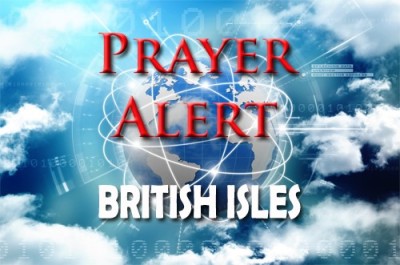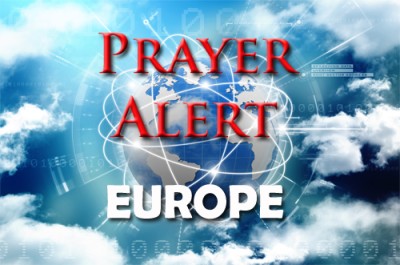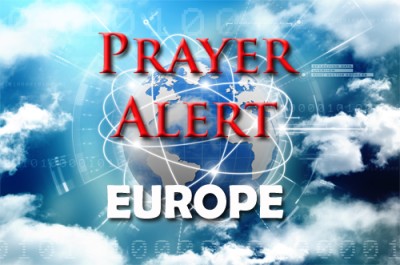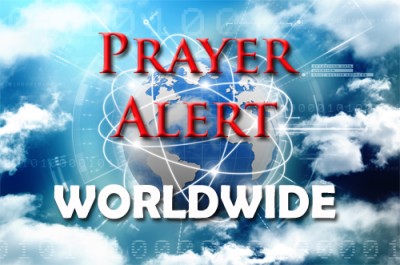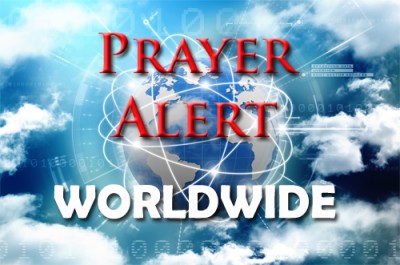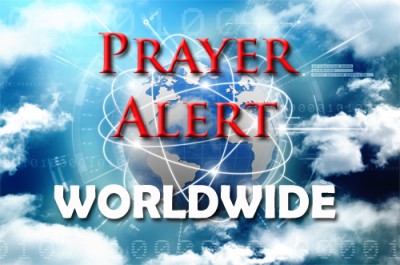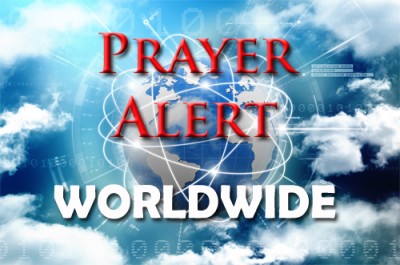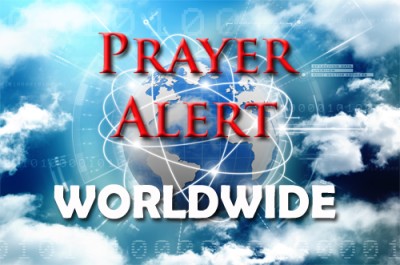The FDA union, representing senior civil servants, has initiated a legal challenge against the new law related to the Rwanda deportation plan. This law allows ministers to bypass the European Court of Human Rights, potentially placing civil servants in legal jeopardy by forcing them to arrange deportation flights that could contravene international law. The Government insists that the actions taken under this law are compliant with the Civil Service Code. However, union members, concerned about the ethical and legal conflicts this might cause, are seeking a High Court ruling to clarify their obligations. The Rwanda plan is part of Rishi Sunak's strategy to deter migrants from crossing the English Channel. It has been criticised for possibly exposing migrants to harm, and has sparked nationwide operations to detain individuals for deportation to Rwanda. The union's case, demanding clarity on the legality of their required actions, underscores the profound discomfort among many civil servants.
US officials have accused Russia of using chemical weapons in Ukraine, violating international laws. They claim that the choking agent chloropicrin was used to make ‘battlefield gains’. The Kremlin has yet to respond but has denied similar allegations previously. Although in 2017 Russia said it had destroyed all of its Cold War-era stockpile in 2017, it faces accusations of incomplete declarations and subsequent chemical attacks, including the Salisbury attack and Navalny poisoning. Reports suggest Russian forces deployed tear gas grenades, resulting in Ukrainian casualties. Joe Biden has warned of severe consequences if the accusations are proved, and the USA has sanctioned Russian state bodies and firms allegedly linked to biological and chemical weapons programmes. Meanwhile, Human Rights Watch has called for a war crimes investigation, alleging Russian forces executed over a dozen surrendering Ukrainian troops a few months ago.
The International Court of Justice (ICJ) has denied Nicaragua's request for emergency measures to halt Germany's arms sales to Israel, claiming that this violated the UN genocide convention. Germany is a key ally of Israel and its second-largest arms supplier after the USA, supplying 30% in 2023. Nicaragua also accused Germany of breaching the UN genocide convention by halting funding for UNRWA, the UN's aid agency, over allegations of staff involvement in attacks on Israel. While Germany welcomed the ICJ's decision, it said that it is the largest donor of humanitarian aid to the Palestinians, and that it was working ‘urgently’ to ensure that aid reaches the people of Gaza. The ICJ's decision on emergency measures came swiftly, but a final ruling could take years: it will now decide if it has jurisdiction over the case. Nicaragua, a longtime supporter for the Palestinian cause, has itself often been criticised for its human rights issues, including crackdowns on dissent and protests.
Gaza: where do truce negotiations stand?
02 May 2024On 29 April senior Hamas representatives headed to Egypt for talks aimed at halting Israel's ongoing military operations in Gaza. Although previous talks have yielded few results, both sides have expressed a willingness to pursue a ceasefire. A new Israeli proposal includes discussions on restoring calm and the release of Israeli captives, potentially in phases. Hamas has been urged by a number of countries, including the USA and the UK to accept this new proposal, but seems reluctant to do so. The talks have gained urgency amid Israeli threats of a ground assault on Rafah, which might be suspended if negotiations progress. For Benjamin Netanyahu, the problem is that if he concedes too much, he would face opposition not just from opposition parties but from some of his own ministers.
USA: hundreds of campus protesters arrested
02 May 2024Hundreds of pro-Palestinian protesters were arrested across US campuses on 1 May, as a protest movement over the Israel-Hamas war has put student demonstrators at odds with university leadership. Demonstrators have set-up encampments on about 30 campuses across the US and are demanding that academic institutions stop doing business with Israel or companies that are connected to the Israeli military. The exact number of arrests remains unclear but is believed to have exceeded 1,300. 282 arrests were made at Columbia University, where the first protests started on 17 April, with some accusations of police brutality. At UCLA, at least fifteen were injured in clashes when counter-protesters attacked a pro-Palestinian encampment. Joe Biden has condemned the violence, saying ‘Dissent must never lead to disorder’: he has refused to change his policy. See
Nigeria: fuel shortages causing major problems
02 May 2024Nigeria is grappling with a severe fuel shortage, exacerbating the hardships faced by its citizens (especially those reliant on public transport). Long queues for fuel have emerged in major cities, and prices have surged by over 15%. Authorities attribute the shortage to logistical challenges disrupting supply chains. Despite being a top crude oil producer in Africa, Nigeria frequently experiences petrol shortages due to strikes and supply disruptions. The state oil firm has accused fuel companies of exploiting the situation for profit. While Nigeria recently opened Africa's largest refinery in Lagos, it currently only produces diesel and aviation fuel. With the inflation rate over 30%, the government has just announced a 35% pay increase for civil servants, but the monthly minimum salary rate is still unchanged. See
Heavy flooding in Kenya, after weeks of intense rain and flash floods, has left at least 103 people missing, with 71 confirmed dead. Most of the missing are from Mai Mahiu, near Nairobi, where on 29 April flooding near a railway bridge, caused by a clogged tunnel, caused at least 45 deaths. The country’s president William Ruto has ordered the military to help search and rescue efforts. Nearly 191,000 Kenyans have been displaced by the floods, which are said to have been exacerbated by the effects of El Niño. The government has established 52 displacement camps to provide temporary shelter, but with more rain forecast the situation may worsen. The floods have affected other countries: a week ago, Tanzania’s president said that 155 people had been killed and 200,000 displaced. See
Afghanistan: gun attack on mosque kills six
02 May 2024On 29 April a gunman attacked a mosque in western Afghanistan, killing six people. The mosque, reportedly belonging to Afghanistan's minority Shia community, was targeted during prayer. Among the victims was a prayer leader. IS has claimed responsibility for the attack, consistent with their history of targeting Shia communities. Despite the Taliban government's pledge to protect religious and ethnic minorities since assuming power in August 2021, little has been done. The deadliest recent attack linked to IS occurred in 2022 in Kabul, resulting in 53 deaths, primarily girls and young women. A UN report in January noted a decrease in IS attacks due to Taliban counter-terrorism efforts, but said that the group still had ‘the ability to project a threat into the region and beyond’ - as shown by the deadly attack in a Moscow nightclub in March, for which IS has claimed responsibility.
